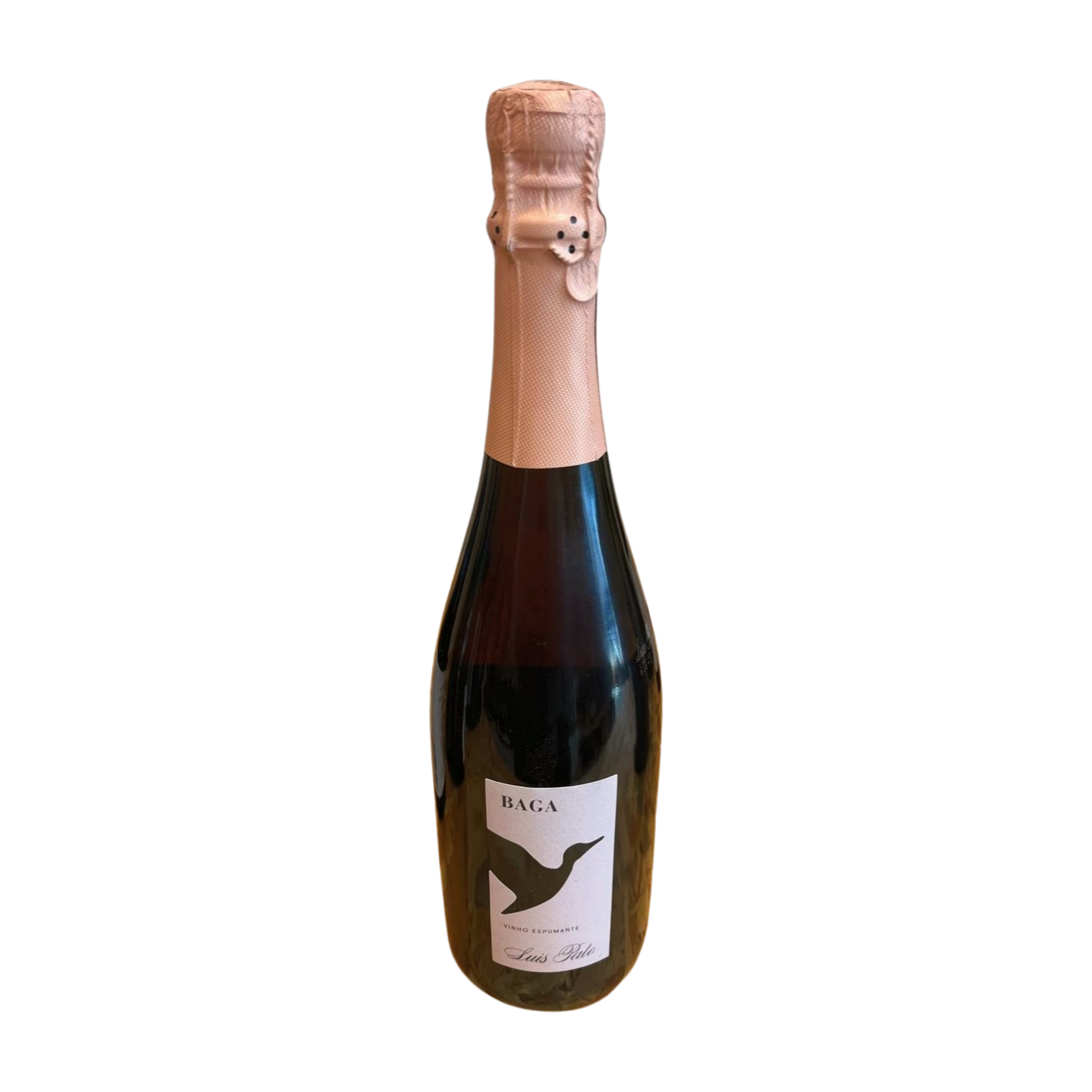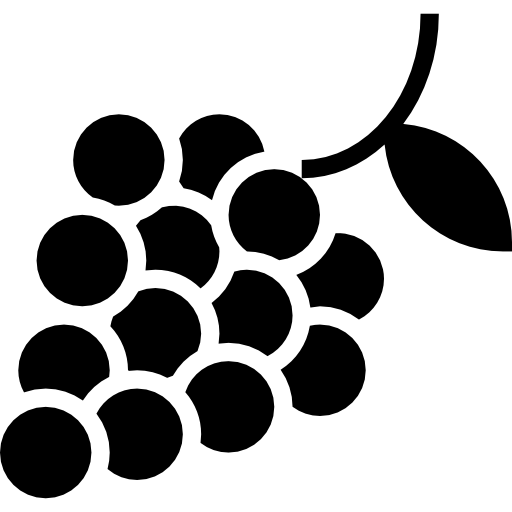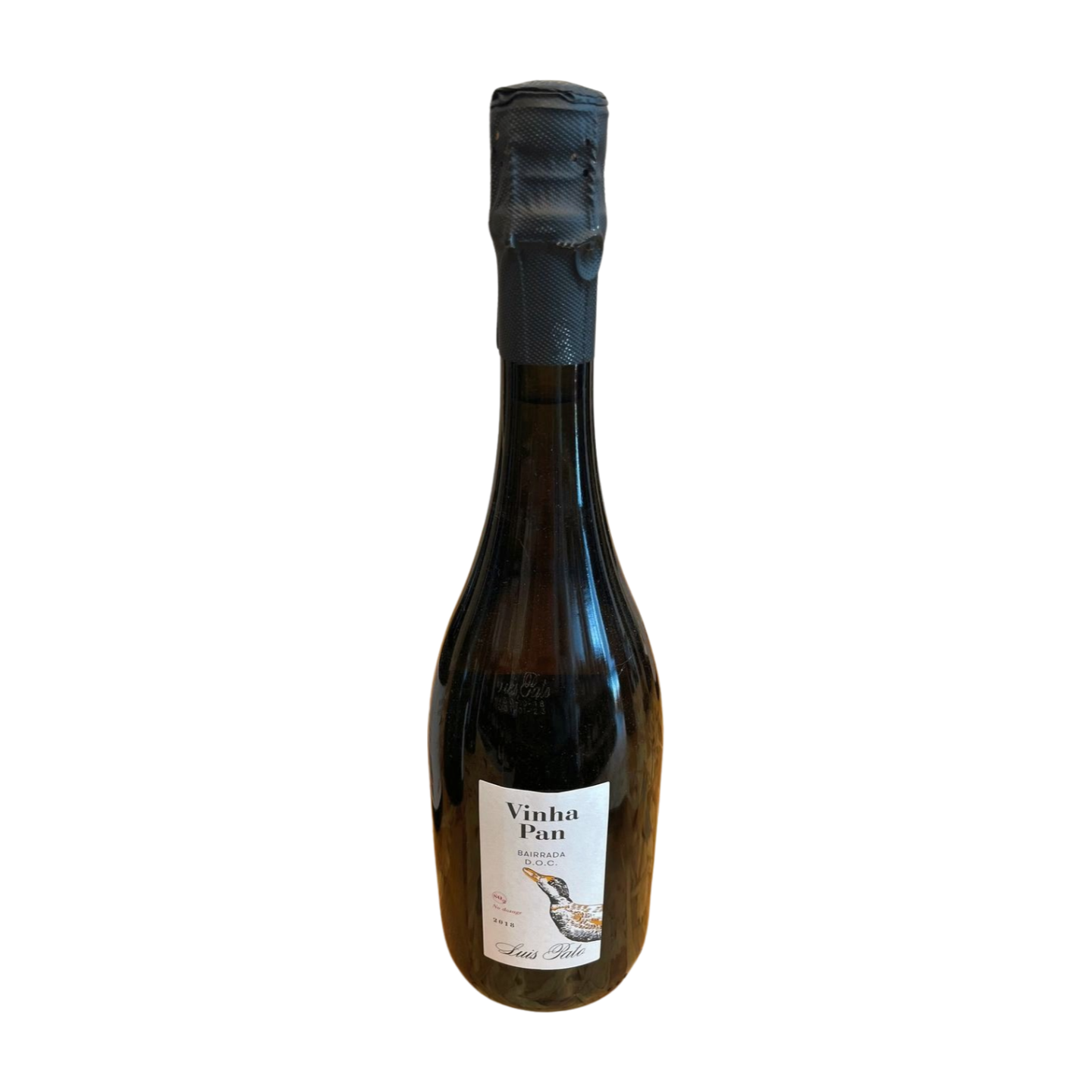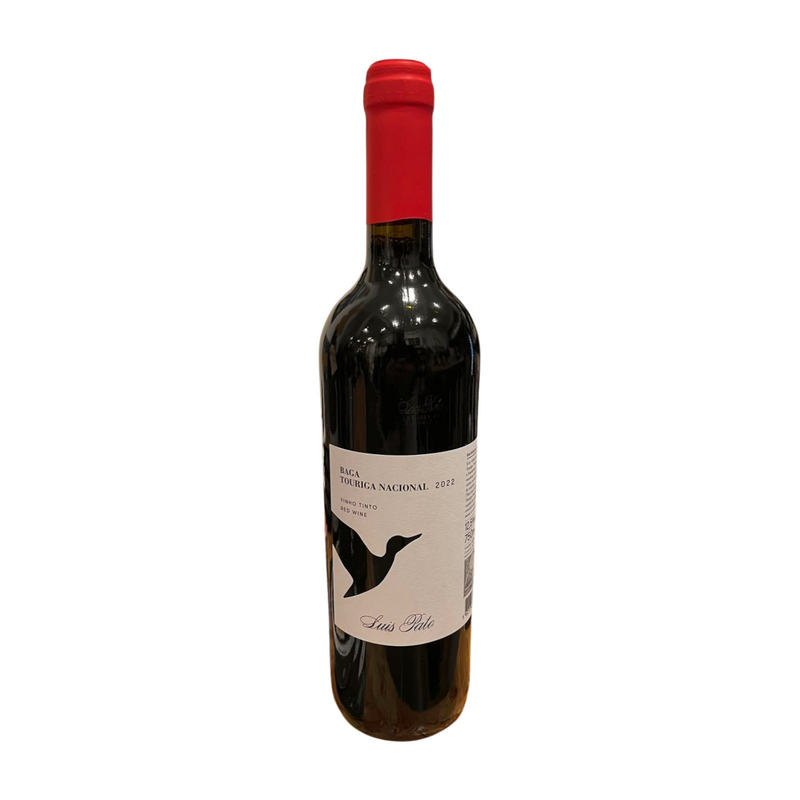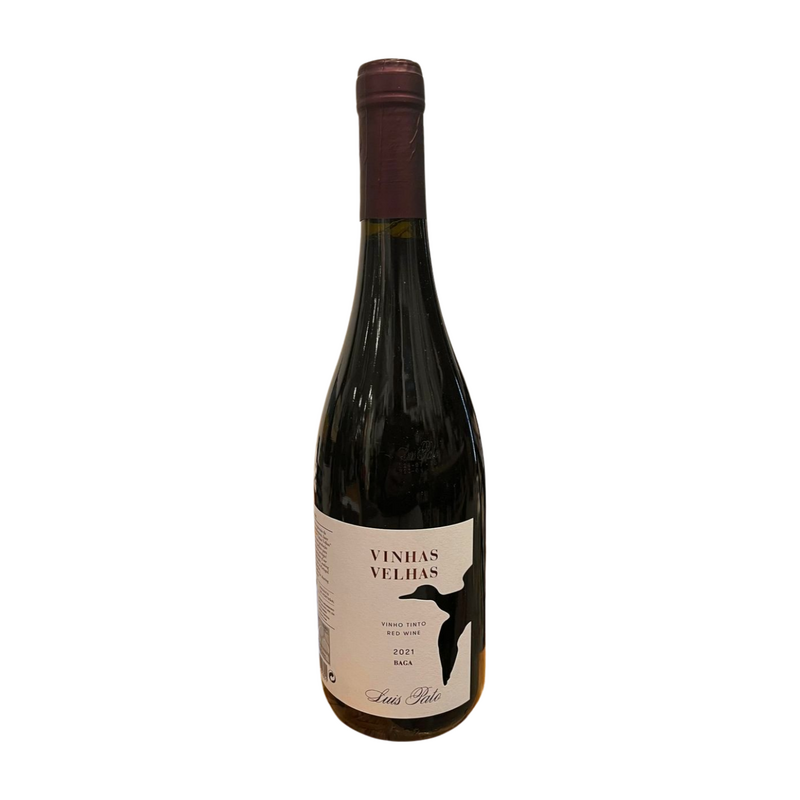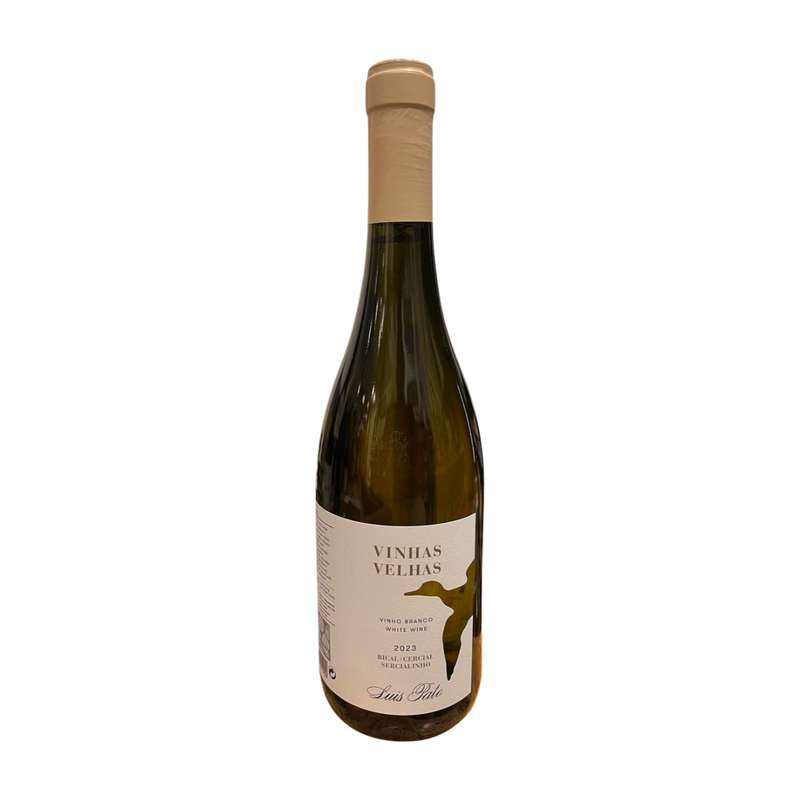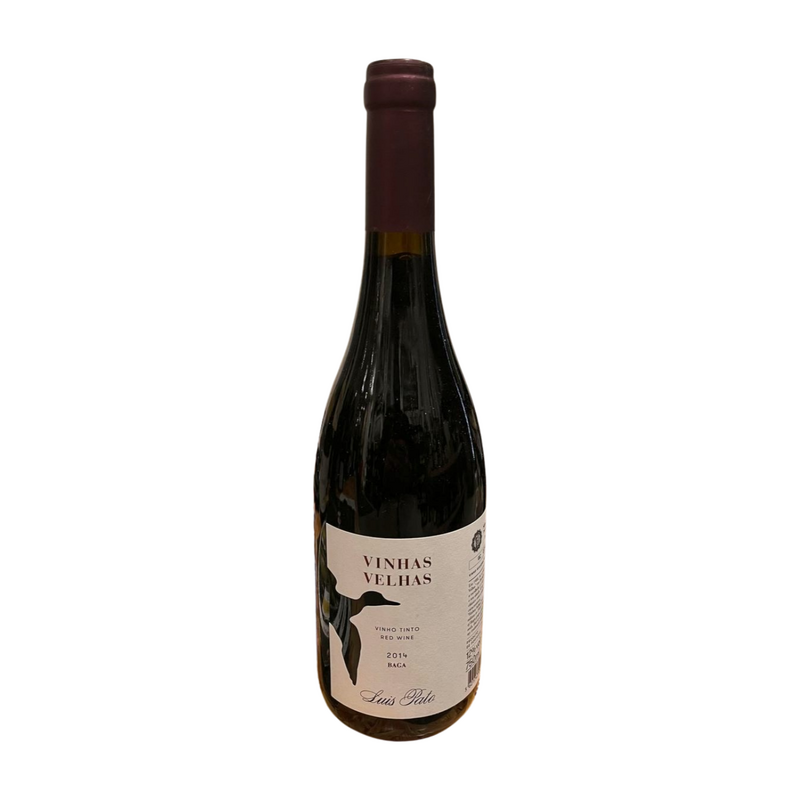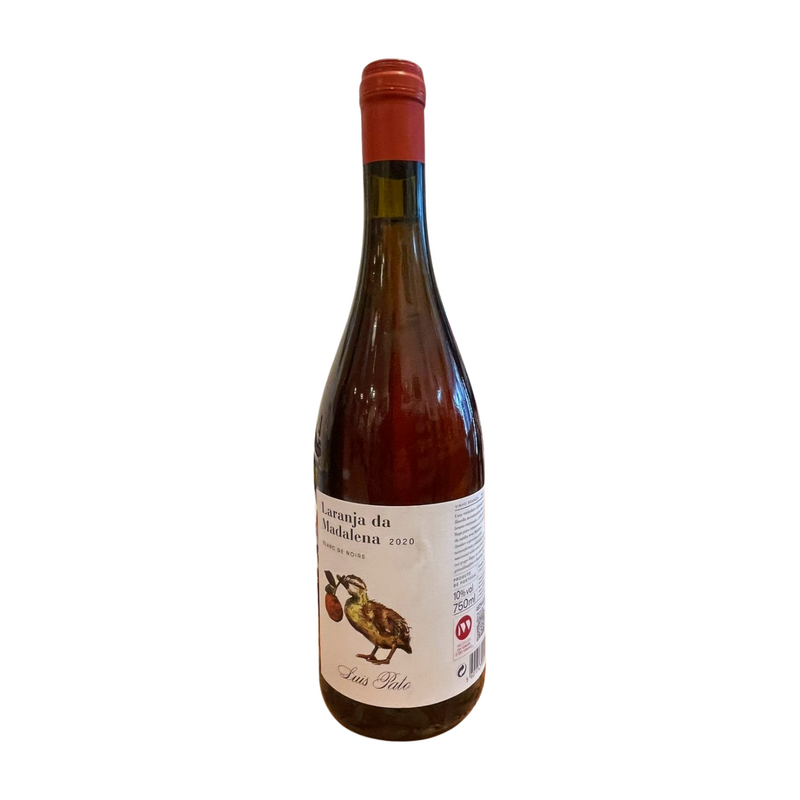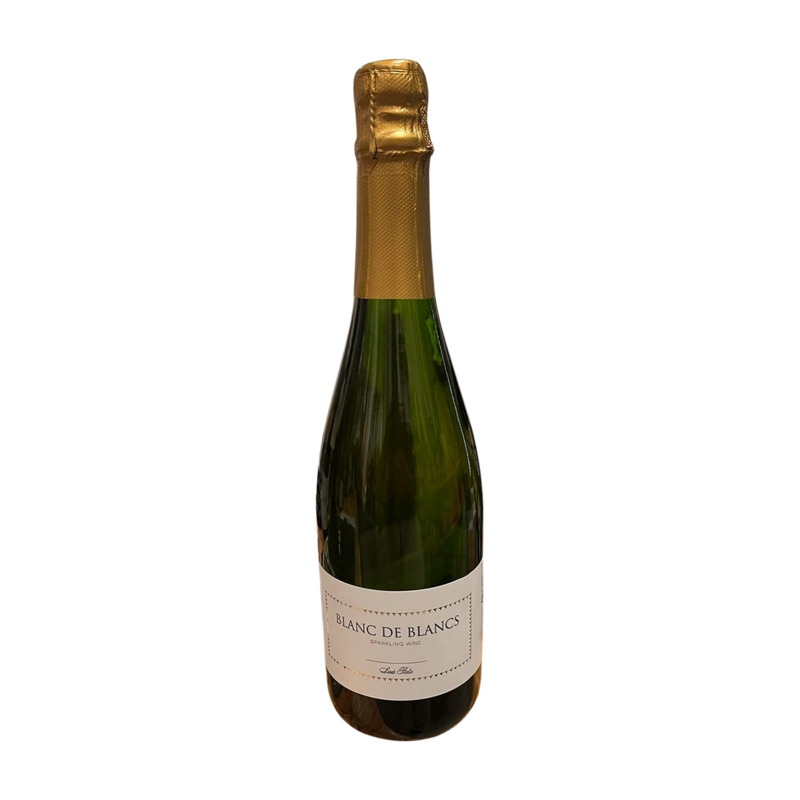Luís Pato is a legendary figure in Portuguese winemaking, his story inseparable from the longstanding dedication of the Pato family to viticulture in Portugal’s Bairrada region. Wine production on the Pato family's estate, Quinta do Ribeirinho, dates back to the 18th century, with the lands flourishing under their stewardship. The pioneering spirit that defines the Pato legacy took root in 1970, when João Pato, Luís’s father, became a trailblazer for the newly demarcated Bairrada region by bottling the estate’s wines for the first time.
Building on his father's legacy of innovation and nonconformity, Luís Pato entered the winemaking scene in 1980 with an ambitious debut: a pure Baga varietal wine. This rare and exceptional wine garnered widespread acclaim, earning Luís a devoted following among collectors and setting the stage for his transformative contributions to the region. In 1985, he revolutionized Bairrada winemaking by destemming Baga grapes and aging wines in new French oak barrels, introducing a modern style that emphasized elegance and precision. In 1988, Luís’s relentless pursuit of innovation continued with his pioneering efforts to plant Baga vines on ungrafted rootstocks, producing Portugal’s first "Vinhas Velhas" wine and unlocking the distinctive character of pre-phylloxera vines.
The 1990s marked a period of exploration and refinement. Luís produced single-vineyard wines from celebrated plots such as Vinha Pan, Vinha Barrosa, and Quinta do Ribeirinho Pé Franco, while his acquisition of Vinha Formal in 1998 provided a foundation for producing top-tier white wines. In 1999, he boldly decided to leave the DOC appellation system, labeling his wines as "Regional Beiras" to prioritize creative freedom and terroir-driven expression.
Luís’s commitment to innovation extended into the 21st century. In 2001, he introduced "precision harvest" in Bairrada, timing harvests from the same vineyard to produce distinct wine styles, including sparkling wines harvested in late August and more concentrated reds harvested in September. Collaboration became a hallmark of his approach in 2005, as he partnered with his daughter, Filipa Pato, on the FLP wine, which employed cryo-extraction to capture delicate aromas. Sparkling wine production flourished under Luís's guidance, exemplified by the release of Vinha Formal in 2008, a single-vineyard sparkling wine crafted from Bical and Touriga Nacional. Natural sweet wines followed in 2009, with the Abafado Molecular range showcasing his experimental ethos.
Luís’s unceasing curiosity was evident in projects such as Informal and Quinta do Moinho, white sparkling wines made in 2010 from Baga grapes harvested early. In 2011, he unveiled Fernão Pires, an unprecedented red wine featuring 94% Maria Gomes (Fernão Pires) white grapes blended with 6% Baga skins for color.
Luís Pato has employed meticulous viticulture practices rooted in sustainability throughout his career. His vineyards feature organic farming techniques and innovative three-wave harvesting strategies: green harvesting to manage yields, early harvests for sparkling wines, and later harvests for concentrated reds. This approach maximizes the potential of the Baga grape, a cornerstone of his work. The Bairrada region, with its clay-limestone soils and Atlantic climate, provides an ideal environment for viticulture, offering wines with remarkable freshness, structure, and aging potential.
Luís Pato's story is a testament to a family’s unwavering commitment to pushing boundaries while respecting tradition. His transformative vision has shaped Bairrada's international reputation and placed him at the forefront of Portuguese winemaking. He exemplifies the full potential of the region’s terroir and its noble Baga grape.
